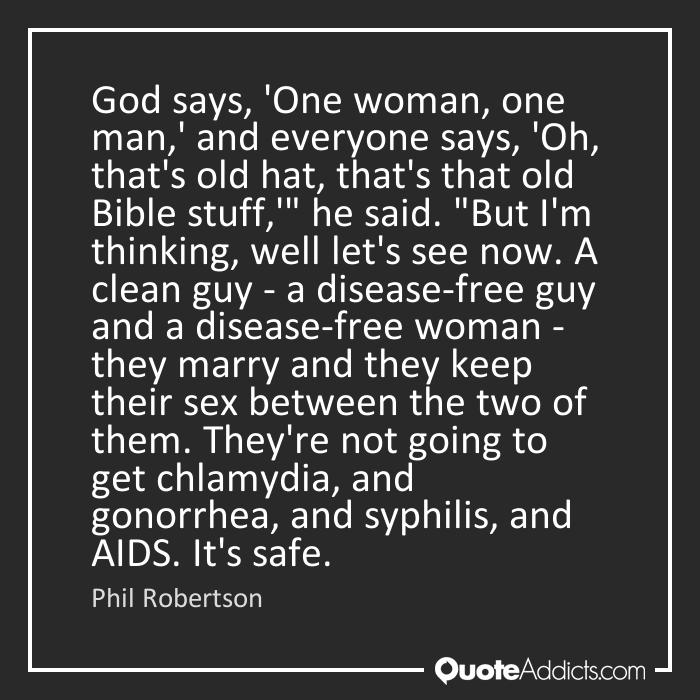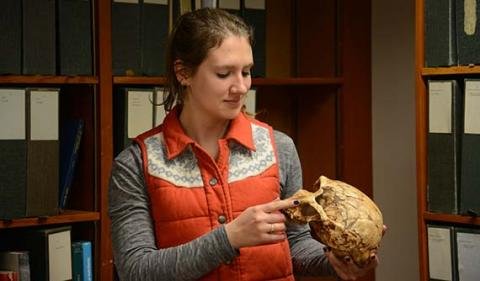
To begin with, we are extremely limited in our sources when it comes to knowing anything at all about the birth of Jesus. In fact, at the end of the day, I think we can’t really know much at all. Just to cut to the chase, I think that it is most probable that he was born in Nazareth in the northern part of what we today think of as Israel (back then, in Galilee), where he was certainly raised from the time he was a child. His parents were Jewish by birth, religion, culture. I’d assume their names were really Joseph and Mary. We don’t know anything about them other than the fact that Joseph may have been a TEKTON, which means that he worked with his hands, maybe with wood, or with stone, or with metal. Jesus also had brothers (four are named in one of our sources) and sisters, so it would have been a relatively large family and presumably living at or near the poverty line. Nazareth was an impoverished little hamlet.
Back to the sources. Our earliest accounts are in the New Testament. Two of the Gospels , Mark and John, say nothing of Jesus’ birth; the other two, Matthew and Luke are where we get most, but not all, of our traditions of Jesus’ birth from: the trip to Bethelehem, no room in the inn, the Shepherds, the wise men, the slaughter of the innocents, the flight to Egypt, etc. etc. These Gospels were written over fifty years after the events they narrate, and there is nothing to suggest that they had access to eyewitness reports, or to any reliable information at all. Both accounts contain several implausibilities, as we will see, and they are hopelessly at odds with one another on numerous points.
….
Finally, there are lots of things that we do not know about the birth of Jesus. As examples:
• We don’t know what year he was born. If he was indeed born during the reign of Herod the Great, then it would have had to be before 4 BCE, since that is when Herod died (creating, of course, the intriguing irony that Jesus was born four years Before Christ!)
• We don’t know what day he was born (it was not until the fourth century that Dec. 25 was chosen, so that Christmas could replace Saturnalia as the great holiday to be celebrated)
• We don’t know – as I will try to demonstrate in subsequent posts – anything about the virginity of his mother (how could we know? Anyone who thinks she was a virgin does so as an act of faith, but there’s no way to demonstrate anything like that historically; in theory, even if she told people she was a virgin, that wouldn’t prove it [of course!]; and there have been lots of people who claimed to be virgins who gave birth, either because they were self-deceived, or willing to deceive others, or unknowingly violated or … other options) or whether he was actually born in Bethlehem (I’ll argue that the answer is probably not).
— Bart Ehrman, What Can We Know About the Birth of Jesus?, December 8, 2018
Share This Post On Social Media:







 Who has abortions at 24 weeks and beyond?
Who has abortions at 24 weeks and beyond?
